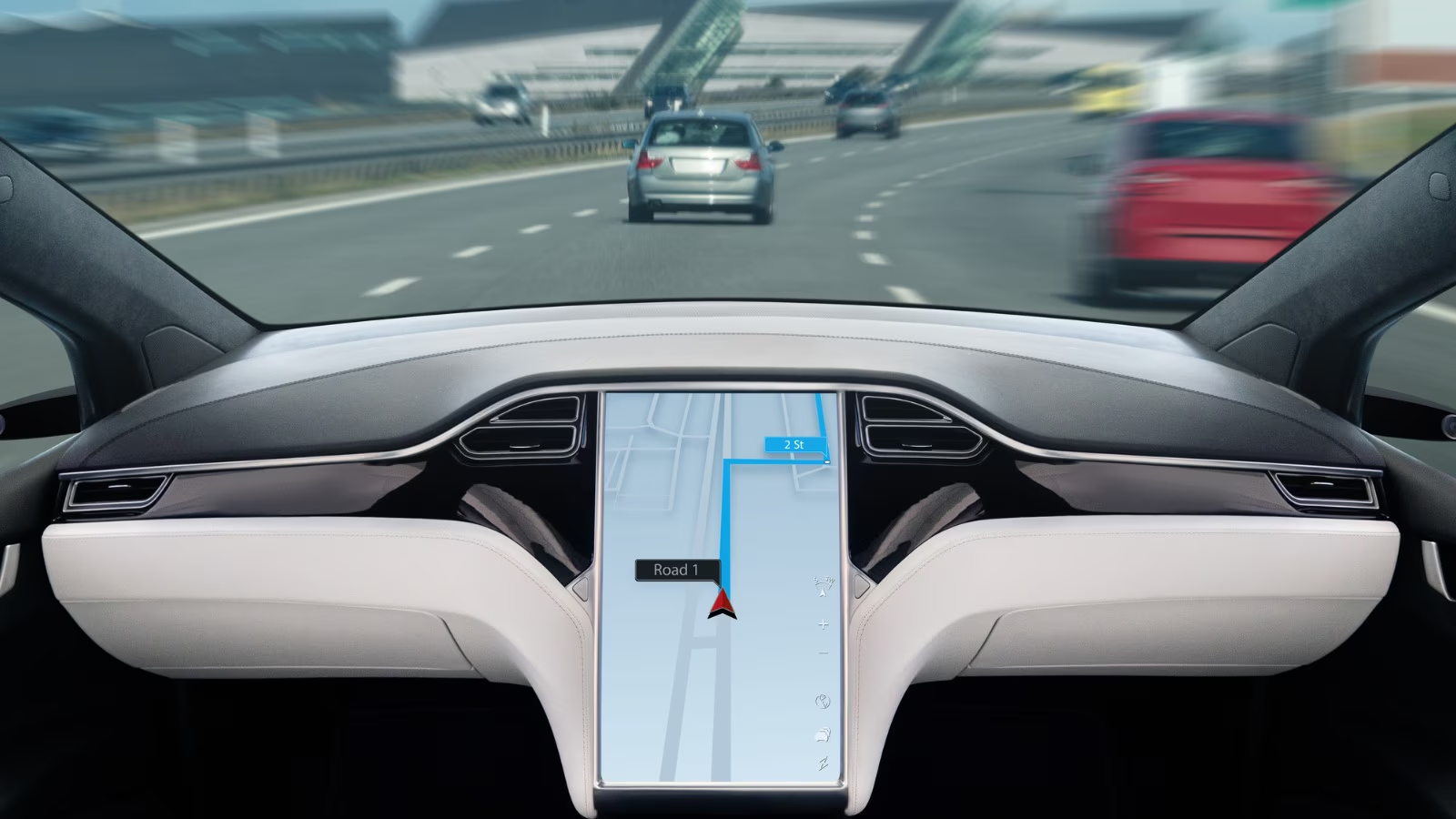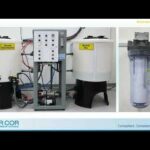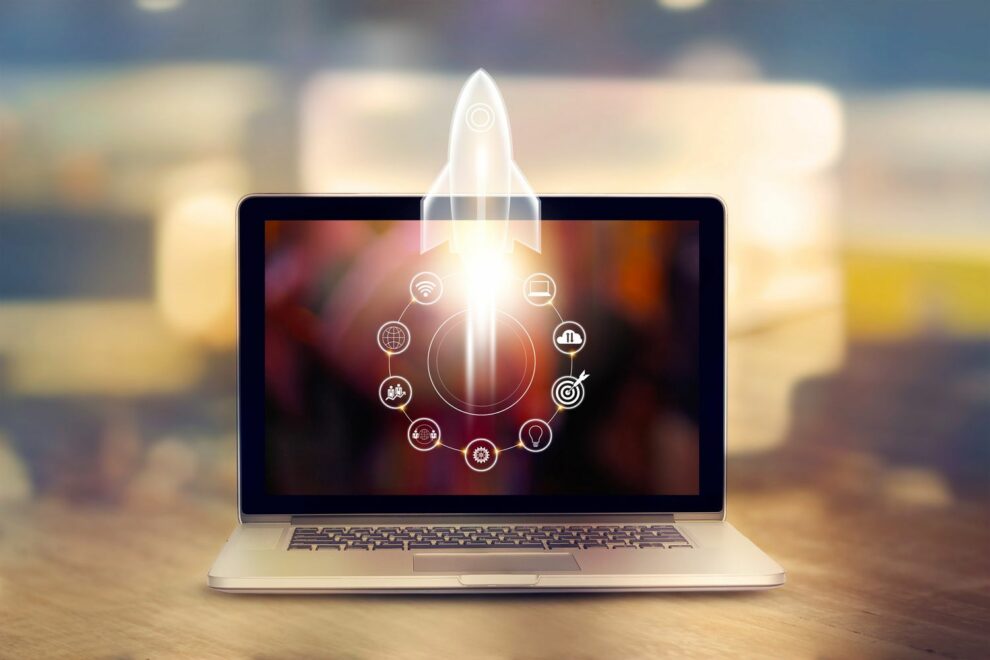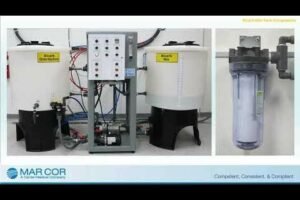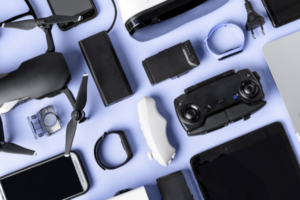A high-performing PC maximizes productivity and efficiency in today’s digital age. Whether you’re a gamer wanting seamless gameplay or a professional craving faster load times, optimizing your computer’s performance can make all the difference. But where to start? Delve into various expert tips and techniques to help you enhance your PC’s performance like never before. From simple software tweaks to hardware upgrades, we’ve got you covered with comprehensive guidance that will have your computer running smoother and faster in no time.
Maximizing Your PC’s Efficiency
Whether you use your computer for work or play, there are several strategies you can employ to enhance its functionality. One of the simplest ways to improve overall speed and responsiveness is by performing regular software updates. Keeping your operating system and applications up-to-date ensures that you have access to the latest bug fixes, security patches, and performance enhancements.
Managing startup programs is another effective method for optimizing your PC’s efficiency. Many applications automatically launch when you start your computer, which can significantly slow down the boot process. By disabling unnecessary programs from starting up automatically, you can drastically reduce the time it takes for your computer to be fully operational.
Lastly, hardware upgrades can significantly impact a PC’s performance capabilities. Upgrading components such as RAM (random-access memory) or installing a solid-state drive (SSD) can result in quicker data processing speeds and faster load times for applications and files.
By implementing these tips along with other expert techniques specific to your needs, you’ll be on track to maximize your PC’s efficiency and ensure seamless operation throughout any task or activity.
Essential Software for PC Optimization
When it comes to optimizing your PC for enhanced performance, there are a few essential software tools that can make a significant difference. One of the first things you should consider is installing a reliable antivirus program. This will help protect your computer from malware and viruses and improve overall system performance by reducing the resources used by rogue applications.
Another essential piece of software for PC optimizers is a disk cleanup tool. Over time, unnecessary files and clutter can accumulate on your hard drive, slowing down your computer’s speed. A disk cleanup tool can scan and identify these files, allowing you to remove them and free up valuable storage space safely.
In addition to an antivirus program and disk cleanup tool, a third piece of essential software for PC optimization is a registry cleaner. The Windows registry is like the central database for all settings and configurations on your computer. However, over time, it can become bloated with outdated or invalid entries that slow down system performance. A good registry cleaner efficiently scans for these issues and repairs or removes them.
By utilizing these essential software tools for PC optimizer – an antivirus program, disk cleanup tool, and registry cleaner – you’ll be able to maximize your computer’s productivity while ensuring faster load times and smoother operation in no time at all.
DIY Tips for Keeping Your PC in Top Shape
To keep your PC in top shape and optimize its performance, you can follow several DIY tips. Firstly, regularly clean out your computer’s hardware. Dust and debris can accumulate over time, causing fans and vents to block or clog. Use compressed air or a soft brush to carefully remove any dust build-up carefully, ensuring proper airflow for cooling.
Another important tip is to uninstall unnecessary software and disable startup programs that are not essential. Over time, our computers accumulate various software applications we no longer use or need. Removing these unused programs will free up valuable system resources and help speed up your PC’s performance. In addition, disabling unnecessary startup programs can prevent them from consuming memory when booting up the computer.
Lastly, consider upgrading certain hardware components if needed. Upgrading your computer’s RAM can greatly improve its multitasking capabilities and overall responsiveness. Similarly, installing a Solid State Drive (SSD) instead of a traditional hard drive can significantly reduce load times for applications and files.
By following these DIY tips for keeping your PC in top shape, you can enhance its performance and enjoy smoother operations, whether working on important tasks or gaming with friends online.

